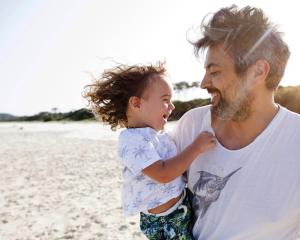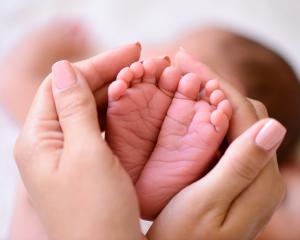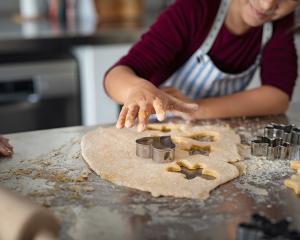
Some will have been in Paris on Friday, November 13. Luckily, it was the week before that ours took in the Parisian sights.
Nevertheless, with the holiday so fresh in their minds, even the 4-year-old can recall those streets and feel unsettled by the events of a week later.
And what of the reactions of children to these sorts of tragedies back here? It's hard to shield them from what is going on when it dominates the news with graphic live news feeds.
Youngsters won't process what they hear and see in the same way adults do. They will often pick up on some aspect and focus on that. It might be the explosions, or the people running or bodies on the street, or the charging, armed, black-clad police, or the flowers left outside buildings.
Around this they will build their own interpretation based on their limited life experience and understanding.
Primary schoolteachers are reporting responses such as a fear that these ''bad people'' will come to New Zealand to shoot us and blow up our buildings and planes.
Teenagers tend to go one of two ways.
Some will show avid interest, trying to make sense of what has happened, be fully aware of its enormity and be thinking through its implications. Others will appear not to acknowledge that anything has happened.
You may even start thinking about how you could protect your family from such evil, even questioning if you could. You might start looking sideways at others who are racially or religiously different from yourself.
Some suggestions:
• Try not to transmit any anxieties you might have to the younger children.
• Limit younger children's exposure to images of the disaster and, when they are viewing, sit with them and answer questions honestly.
Take your cues from them and don't offer more information than they need.
• For 7- to 12-year-olds, manage the viewing and be aware that the older they are the more they will understand what it all means: let them talk, answer questions. Talk about the causes in terms they can understand. Acknowledge their feelings and let them know they're safe.
• Discuss with teenagers the events, the causes, the politics, what our government might need to do.
• Signing a commiserations book or supporting refugees caught up in the crisis can feel like a positive response.
• Whatever their age, if they are disturbed, give them a hug.












